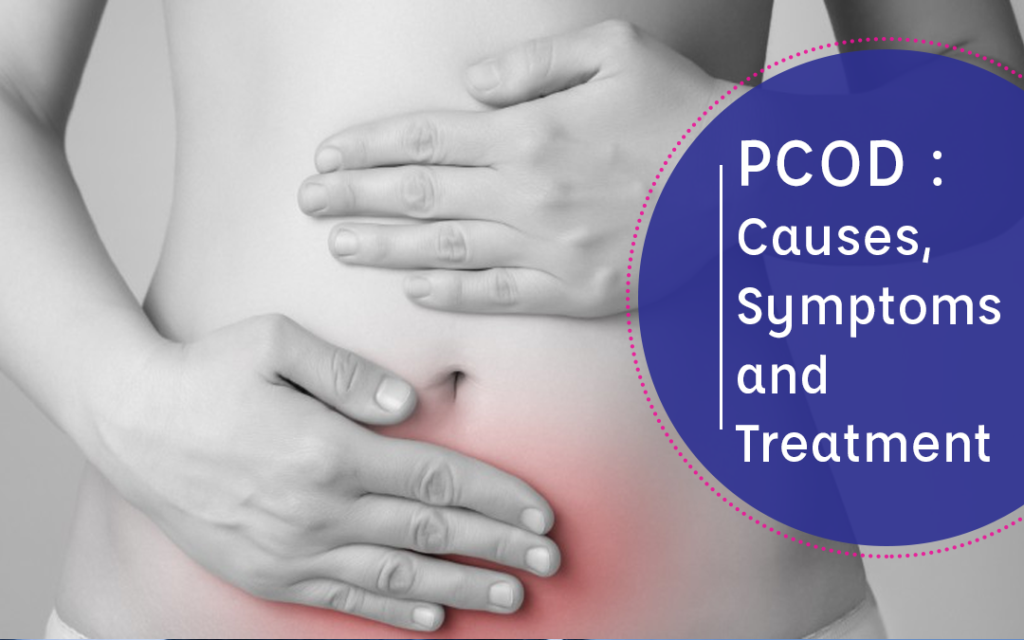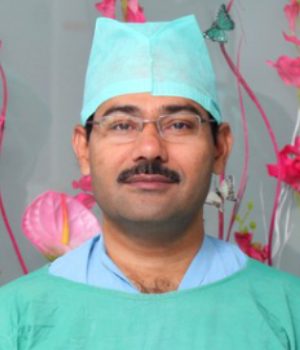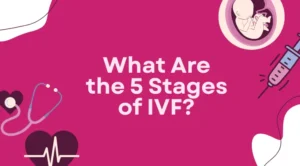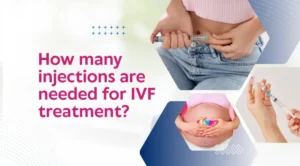Becoming the most common medical condition among women of reproductive age, PCOD is affecting one in every 10 women in India. A common endocrinal system disorder, Polycystic Ovary Syndrome occurs when levels of sex hormones – estrogen and progesterone, in women becomes erratic leading to the growth of small ovarian cysts. While the cysts are mostly benign, they tend to cause an imbalance of hormone level resulting in pregnancy-related issues.
Affecting 10 million women globally, PCOS is characterized by irregular menstrual cycle, excessive hair growth on the face, fat deposits on the lower abdomen, etc. It can also lead to problems related to the endocrine system and can result in diabetes with the growing age. While the symptoms start early during the adolescent years, women when conceiving can experience infertility due to this condition.
Causes:
High Levels of Androgens:
Referred to as ‘male hormones’, all women produce small amounts of androgens but when a woman suffers from PCOD, she produces abnormally high levels of androgen that can contribute to the development of male traits, like excess facial and body hair (hirsutism), and occasionally severe acne and male-pattern baldness.
High Levels of Insulin:
Insulin is basically a hormone that pancreas produces to help the body use sugar from food for energy. Women who have PCOS tend to have insulin resistance, which is the condition when your body’s cells do not respond normally to insulin. This results in your insulin blood levels becoming higher than usual. Excess insulin might increase androgen production, causing difficulty with ovulation.
Symptoms:
While some women can experience the symptoms as early as getting their first period, other women discover the symptoms when they try conceiving or have gained a considerable amount of weight. Below are the most common symptoms of PCOD:
Irregular Periods:
Due to the above causes, lack of ovulation occurs and prevents the uterine lining from shedding every month. Variations can be seen among PCOD women, who experience less than 8 periods in a year or have every 21 days or more. Some women with PCOD stop having periods at all.
Heavy Bleeding:
Due to the irregular periods, the uterine lining builds up for a longer period of time, therefore the periods that one experiences can be heavier than usual.
Hair Growth:
More than 70% of women suffering from PCOD grow hair on their face, chest and upper back and this condition is called Hirsutism. Basically, a woman grows hair on those body parts where men usually have hair.
Acne:
Excessive androgens tend to make the skin oilier than usual causing breakouts on areas like face, chest and upper back.
Weight Gain:
80% of women suffering from PCOD are obese and they experience difficulty in losing weight consequently.
Treatment:
Healthy Diet:
Since most of the women suffering from PCOD are overweight, the ideal treatment would be to lose weight in order to balance your hormones and start a regular menstrual cycle/ovulation. It is recommended to eat lots of fruits, vegetables, whole grains and low-fat dairy products.
Exercise:
Apart from eating a well balanced and healthy diet, one needs to get regular exercise in order to help you control weight.
Birth Control Pills:
If you are not planning to conceive, you can use hormone therapy like birth control pills to help control your ovary hormones. This will help correct your menstrual cycle by keeping your endometrial lining from building up for too long.
Anti-Androgen Drugs:
This medication can help you bring down the level of androgen in your body, thereby decreasing the excessive hair growth and acne.
At Endoworld Hospital, we have the best infertility doctors in Aurangabad that provide a range of medical treatments to couples who are suffering from infertility. Having renowned gynaecologists in Aurangabad, Our mission is to fulfil the dream of parenthood of every couple. Endoworld hospital is an Ultramodern Super-speciality Hospital in Aurangabad, dedicated to Gynecological Endoscopy, Infertility management, Neonatal and pediatric care.





